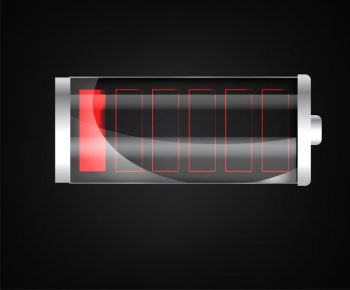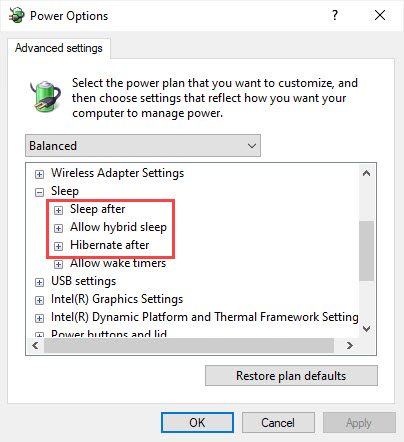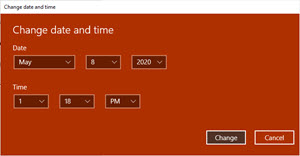(Answer requested by Prapat Saxena) I disagree with the premise of your question. Most charging is by USB these days. When USB 1 came out in 1996, it supported 5 volt/0.5amp charging; 2.5 watts. Today’s newest USB charging supports up to 20 volts/5 amps; 100 watts. And there are now wireless charging options, too. I’d…
Category: A reader asks…
“If someone ran all his anti-virus software but can’t get a weird bug removed, what should he do next?”
(Question submitted anonymously.) Full question: “If someone ran all his anti-virus software but can’t get a weird bug removed off his PC that opens a bunch of tabs and takes pictures, what should he do next?” “Someone?” You asking “for a friend?” 😉 You mention “opening tabs” so I’m guessing you mean your friend’s browser…
“What drains the battery the quickest on a smartphone?”
(Answer requested by Benjamin Woods) There are three main drains: The Screen, with three major subcategories: brightness, pixel density (e.g. HD, FHD, 4K, etc.), and refresh rate. In all cases, lower settings yield better battery life. The Radios — voice, cellular data (3G/4G/5G, etc.), Wi-Fi, Bluetooth, NFC, etc. — all consume power; sometimes even when…
“Why does a device with no battery have enough battery to show me there is no battery, yet does not let me do what I want to?”
(Questioner requested anonymity) On Li-ion consumer devices, “0% battery” doesn’t mean “no energy” but rather “no energy available for anything except to wait for the next recharge.” That’s because Li-ion batteries require careful regulation of volts, amps, and temperature. The charging circuits need to save the last few percent of battery for themselves, so those…
“What is the difference between sleep, hybrid sleep, and hibernate on a laptop?”
(Answer requested by Shreya Mehta) In sleep mode (sometimes called suspend), your PC goes into a low-power state, consuming just enough electricity to keep the RAM contents intact; to monitor for system events (such as a key- or mouse-click, or closing the lid on a laptop); and to run similar low-power processes. The major advantage of standard sleep…
“How does some malware manage to survive a smartphone factory restore?”
(Answer requested by Lilly Vugheen) Android smartphones keep a spare copy of the operating system on hand, stored in protected files. These files are what’s used to rebuild the system after a factory reset, or a root. Rare but virulent Android “xHelper” malware can break into and alter the protected files. So, when you reset…
“What will happen if I don’t replace immediately a swollen lithium ion battery?”
(Answer requested by Arnielyn Arellano) When a Li-ion battery bulges, it usually means a near-failure generated toxic, flammable gases. Your battery’s case did its job — it contained the gases so far — but at very high internal pressure (hence the swelling). In other words, your battery’s near-failure has turned it into a toxic firebomb,…
“Can I use a USB 2.0 flash drive in a USB 3.0 port?”
(Answer requested by Roksana Parvin Yasmin) Sure, as long as both devices and their software (e.g. drivers) were manufactured to formal USB standards, they should work fine. USB is designed to be backwards (lower-numbered) compatible, meaning that a USB 3 port will work fine with USB 3, USB 2, and USB 1 devices. Likewise, a…
“Computers have an internal battery for the clock to keep it running even when the computer has no power. Why do stoves not have this feature?”
(Answer requested by Reese Horn) The batteries in PC aren’t just for the internal clock; that tiny trickle of power also helps the turned-off PC to “remember” some basic information about its hardware components, so it will know what to do right away, when the power comes on. If the PC “forgets” this information (such…
“Why do external storage devices need to be ‘ejected’ prior to removing them?”
(Answer requested by Dreezy Mida) Well, sometimes they don’t. Here’s what’s going on: External (USB) storage is almost always slow storage compared to what’s inside a PC. As a result, PC’s using USB storage would typically buffer (temporarily store in RAM) data that was destined for an external device. This way, the app wouldn’t have…





